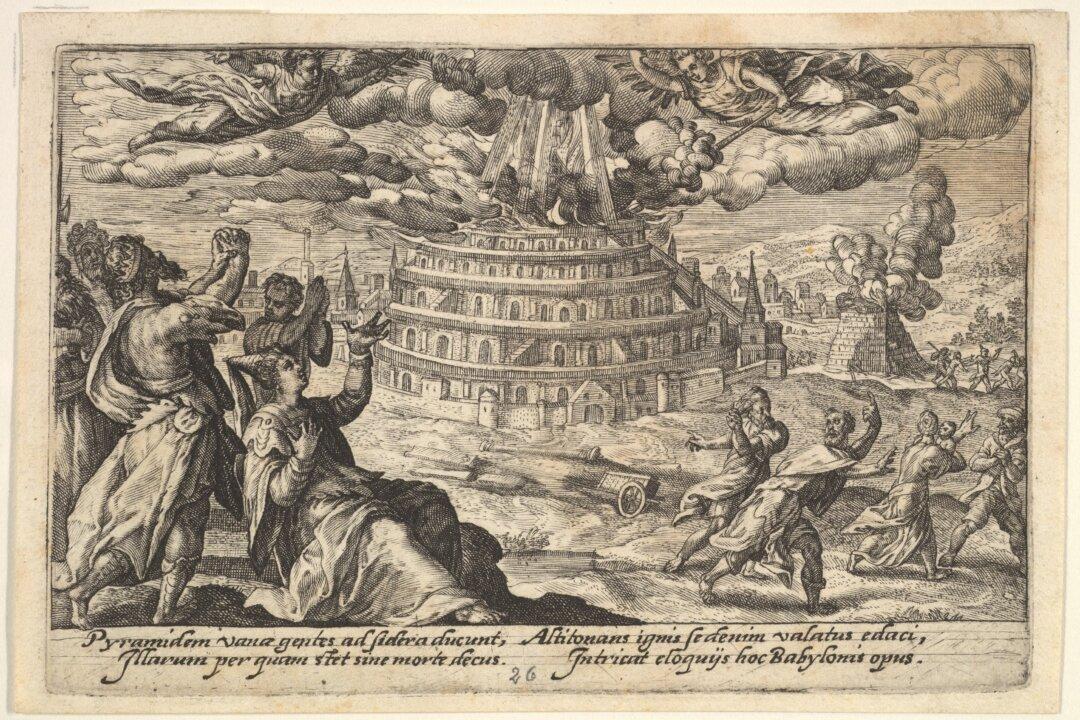Ever since the Enlightenment of the 18th century, it has become increasingly difficult to talk of myths and mythology in a world that increasingly craves science. And what this means is that people want facts and are suspicious of anything other than facts. This is the case despite the fact that facts themselves aren’t always what they are cracked up to be.
For we have lost sight of the distinction between facts and truth; indeed, in our post-modern world there is no truth.






